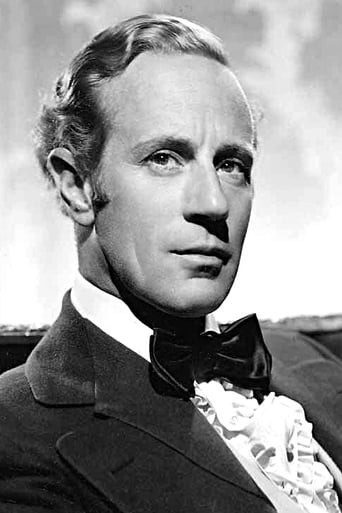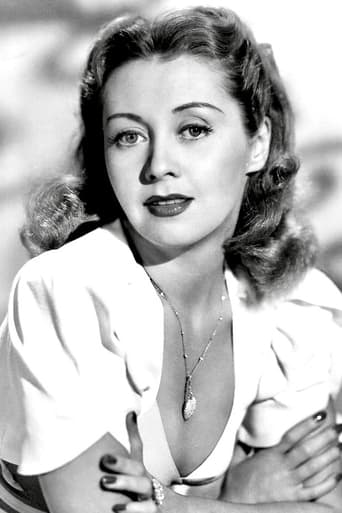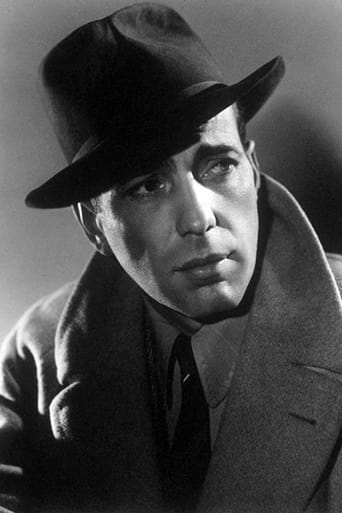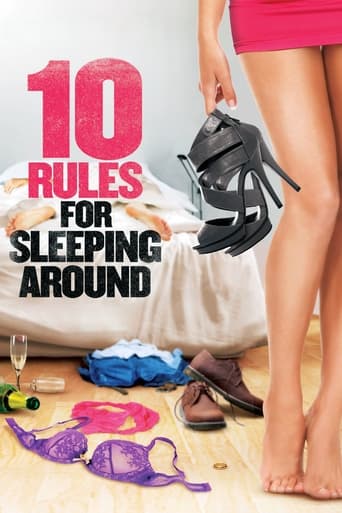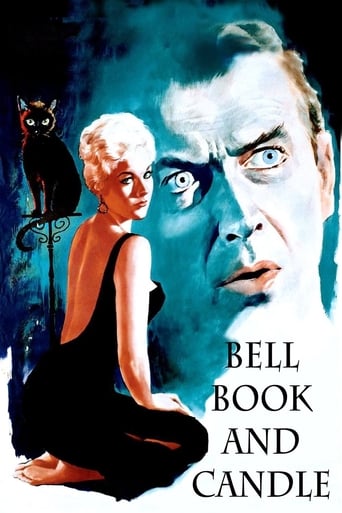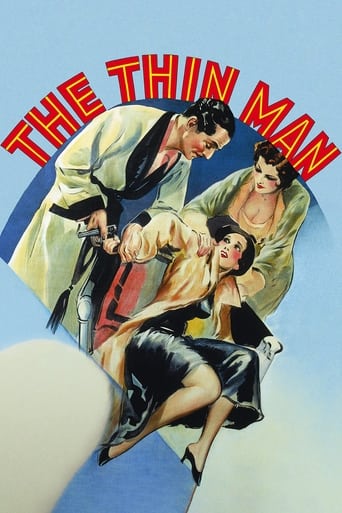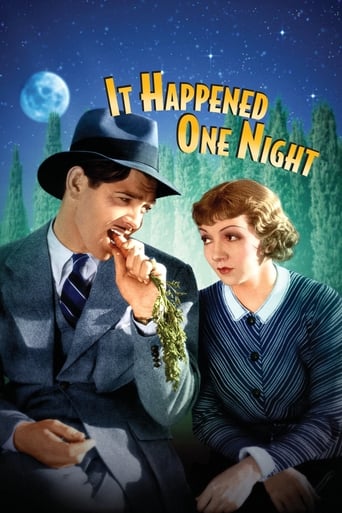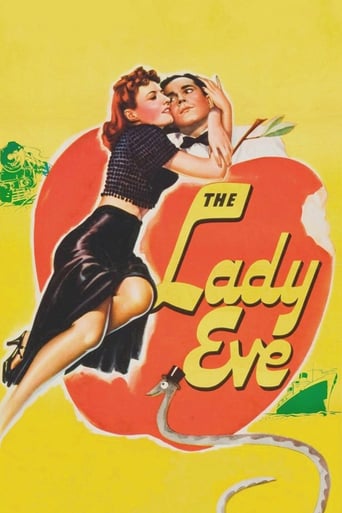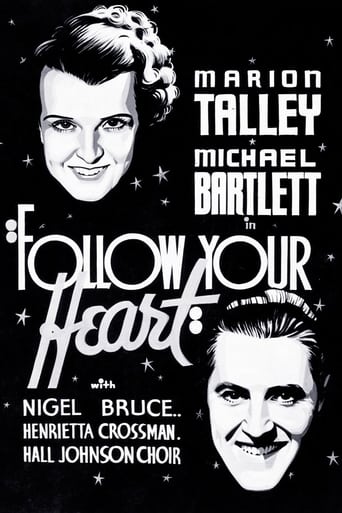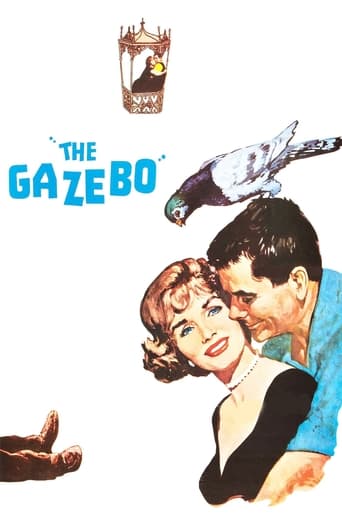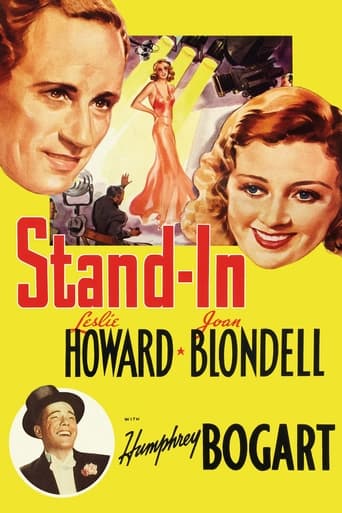
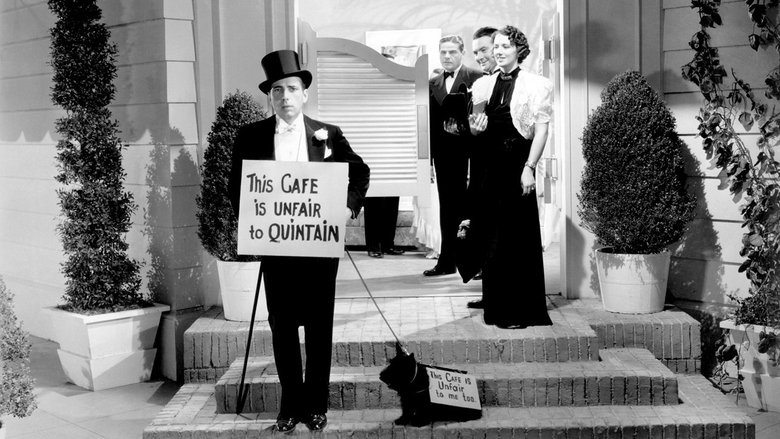
Stand-In (1937)
An east coast efficiency expert, who stakes his reputation on his ability to turn around a financially troubled Hollywood studio, receives some help from a former child star who now works as a stand-in for the studio.
Watch Trailer
Cast
Similar titles
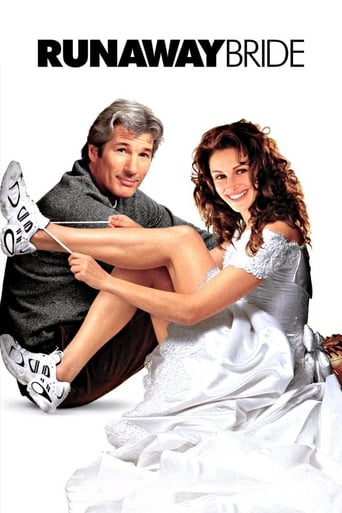
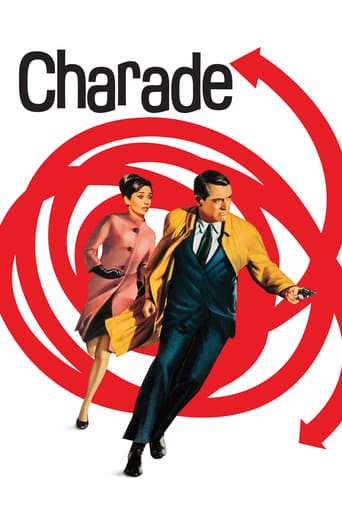
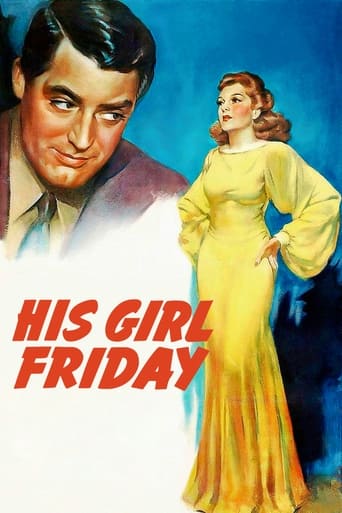
Reviews
Overrated
Captivating movie !
The movie's neither hopeful in contrived ways, nor hopeless in different contrived ways. Somehow it manages to be wonderful
Actress is magnificent and exudes a hypnotic screen presence in this affecting drama.
If you want Coen Bros and Tarantino, avoid this like the plague! 'Next time rattle before you strike!' Great parthian shot!The ex-vaudevillians show their egregious talents in long single take action sequences.This is a blast! Joan and Leslie. Just set up a camera u p, give them a script, and stand back.Fun look at movie makers making a movie about movie makers making movies.
This 1937 comedy is part satire about the motion picture industry and part farce about Hollywood studios sometimes turning our real turkeys for movies. It spoofs finicky actresses and snooty directors. The studio heads mostly get a pass. "Stand-In" is a very good comedy with some romance. It looks at the movie industry, banking and corruption in the course of the plot. The movie is based on a novel by Clarence Kelland who had some 20 books made into films. The first sign that we're in for fun is the early Hollywood disclaimer that runs at the start of the movie. It reads, "The characters and events depicted in this motion picture are fictitious. Any similarity to actual persons, living or dead, is purely coincidental." And, boy, are there some real coincidences in this movie.The film then opens with some funny scenes in the New York offices of the Pettypacker Bank firm. The grandfather and head of the firm calls Atterbury Dodd a "pig-headed young man." When it switches to California, we see a radio announcer, Rush Hughes, who's using his actual name. He is mimicking the gossip reporters of the day (Walter Winchell in New York, Hedda Hopper and Louella Parsons in Hollywood). He is on the air talking about Dodd's expected arrival to save Colossal. In the gossip fashion of the day, he says, "Colossal is not sick. It's dying from slow poisoning. My guess is it's an inside job engineered by an outside chiseler with the aid of which fading feminine super sex star and what cheese director with a phony foreign accent? Don't ask."Leslie Howard stars as Dodd, a stuffed shirt banker who's a whiz with numbers but very shy on the human side. Joan Blondell is perfect as Lester Plum, a sometimes actress and trained secretary who takes an immediate liking to Dodd. Humphrey Bogart is Quintain, the acting head of Colossal Studio and producer of the current film that will keep the studio afloat if it's a box office hit.But contributing to the film's downfall are a host of folks who are in on a ruse – all with different deals worked out with Ivor Nassau, president of the Hollywood Cinema Finance Co. He buys troubled studios for a song and then closing them down, putting a few thousand employees out of work. He makes money on the property and salvage. C. Henry Gordon plays Nassau. The people in the employ of Colossal who are making the next film to bomb are the real test for Dodd when he arrives to take charge. He has to try to learn the business if he's going to save it. Marla Shelton is the glamour headliner, Cheri, whose star is fast fading. Alan Mowbray is the fake foreign director, Koslofski. And, Jack Carson is the studio publicity man, Tom Potts. Carson's role is particularly grating – he plays the loudmouth PR pusher perfectly. Mowbray's Koslofski is overboard. All of these characters come across as hammy – no doubt intended that way. And that works well against Howard's Dodd who, though an expert numbers cruncher, is very naive about the goings-on in movie productions. Quintain and Lester come to his rescue, and Dodd turns over a leaf that surprises all and saves the studio in the end for the people -- the employees and the stockholders. Some other characters figures in the early scenes before Dodd sets off for California. Tully Marshall is especially good as Fowler Pettypacker, the grandfather and head of the family banking firm, of which Dodd has been the executive manager. Today his position would be called a CEO. Fowler's son and grandson are on his board of directors – and they're two robot "yes" men. This is a fine film for Howard in a role that shows his versatility as an actor. I sometimes find Joan Blondell a little aggravating in her films in which her part seems to go overboard; but she's just right in this film. I think it's one of her better comedy roles. The comedy here is in a combination of witty lines and delivery and some hammy filming and acting scenes. The film mixes in some sweetness as Dodd comes out of his shell. One hilarious scene has Quintain a little tipsy and being turned away at the door of a favorite nightspot. He has ad boards over his head that read, "This café is unfair to Quintain." His Scotty dog on a leash has ad boards on him that read, "This café is unfair to me too."Here are a few funny lines from the film. Dodd, "Miss Plum, I sometimes find it difficult to differentiate between facetiousness and sincerity." Lester Plum, "Tell me. Did your studies reveal any faint trace of beauty?" Dodd, "Well, you must be rather beautiful, Miss Plum. Otherwise the impulse to observe you would never have occurred to me." Miss Plum, "You're capable of great restraint in your admiration."Dodd, "But I know you. I require someone who can't be corrupted and who will be absolutely faithful to me." Lester, "Strangely, most men like women that are faithful but that corrupt easily."Quintain, "You realize that this makes you a libertine and a charlatan, don't you?" Dodd, "Yes, I'm fully aware of that. I'm quite willing to make the sacrifice."
This film is enjoyable to watch mostly because of the performances of Tully Marshall and Leslie Howard. While Marshall is in a smaller role, it's hilarious seeing him playing the old and nasty guy who is the head of a mega-corporation--and the way his son and grandson react to him. Marshall has never been funnier--and the same can also be said for Howard. Howard is in his element playing a very stuffy but funny guy--one of his best.The film begins at a meeting of the board. Marshall learns that his corporation owns a failing movie studio and he's not sure whether they should sell it or keep it--so he dispatches Howard to investigate and makes him the temporary head of the studio. Soon, however, it becomes obvious that Howard is ill-prepared for this job. Although he's great with economics and figures, he doesn't know people. Many of his employees run all over him and he barely notices that one of them (Joan Blondell) is infatuated with him. Can he somehow work all this out or will the studio be sold to the highest bidder? The film has some nice supporting actors. In addition to Marshall and Blondell, you've also got Humphrey Bogart in a VERY unconventional role as the head of programming. All in all, the stars did a nice job. And, it didn't hurt that the script was quite witty and fun. All in all, a nice little parody of the studios--with many of their foibles roasted here in this cute film. Worth seeing.
Leslie Howard is one of that handful of actors whose name alone on the credits will get me to watch anything; but given the variety of other talent involved and the general recommendation I'd heard for the film, I have to admit I was left somewhat disappointed in this one.It's not that "Stand-In" is a bad picture, as such. It's amusing so far as it goes. But the entertainment seems an entirely surface one; I felt that somewhere it was missing the heart that would have made it a much better film, and that has for me provided more enjoyment from films more obviously flawed.A contemporary reviewer commented that Leslie Howard came across, despite valiant efforts, as ill at ease with physical slapstick better suited to a Harold Lloyd, and suggested he would have been more at home with a more verbal form of comedy; and this may be part of the problem. But I think for me the trouble was just a basic inability to engage with any of the characters on any level beyond the most superficial. Atterbury Dodd's significant trait is emptying ashtrays - for Douglas Quintain it is carrying around a small dog. Beyond this sort of character shorthand there is little depth to either of them: the film is a quick and cheerful satire on the studio set-up, but I didn't actually enjoy it as much as, say, "The Falcon in Hollywood". By the time we get to the stage at which the hero returns unexpectedly to find himself being lampooned, I felt the situation really ought to provoke a pang of partisanship rather than a mild titter.The role of Atterbury Dodd, the dry-as-dust bespectacled accountant who discovers sympathy for his fellow men and becomes an unlikely hero, is one that might have been typecast for Leslie Howard, and one that he could probably have sleepwalked through if necessary. However, he plays the part here gamely enough, somewhat hampered in the ultimate showdown by his convincing portrayal of a man who literally can't see straight: contrary to Hollywood convention, Dodd is genuinely dependent on his spectacles and cannot be magically transformed into an action hero by losing them. He delivers his big speech in golden-haired clean-cut Scarlet Pimpernel mode, but does it while effectively as blind as a bat -- a fine piece of acting on Howard's part, but the whole sudden conversion from number-pusher to philanthropist is not an entirely convincing character transformation. Likewise, Quintain's much-mentioned (and plot-necessary) love for the thoroughly obnoxious leading lady is stated, but never really credibly depicted. This is lightweight comedy, carried out more or less by-the-numbers.The other thing that puzzled me was my conviction that I'd seen certain isolated scenes of the film elsewhere, without having any recollection whatsoever of the plot! The scene where the dancing-lesson ends up with feet drawn all over the floor could easily be generic comedy (and in fact I'm now pretty sure I'd seen it in a silent short earlier this year), but that 'jungle woman' footage is very distinctive, and where I could have seen it before is more than I can guess. Perhaps some "100 Greatest Moments" compilation of spoofs and disasters? Joan Blondell makes a cheerful girl-next-door heroine, although I couldn't help being distracted into mentally calculating backwards and working out that her days as a winsome child singer must surely have been before the introduction of talking pictures -- a vaudeville act perhaps? (One side effect of seeing this picture at the National Film Theatre was that the overheard protest "I starred in that role in the silent era!" resulted in an audience murmur of sympathy instead of a laugh at the aging actress' expense...) Overall the film is an unobjectionable comedy. But it's not the overlooked gem of Humphrey Bogart's -- or Leslie Howard's -- career that I had somewhat rashly been given to expect, and it's not especially funny.
